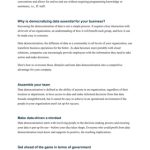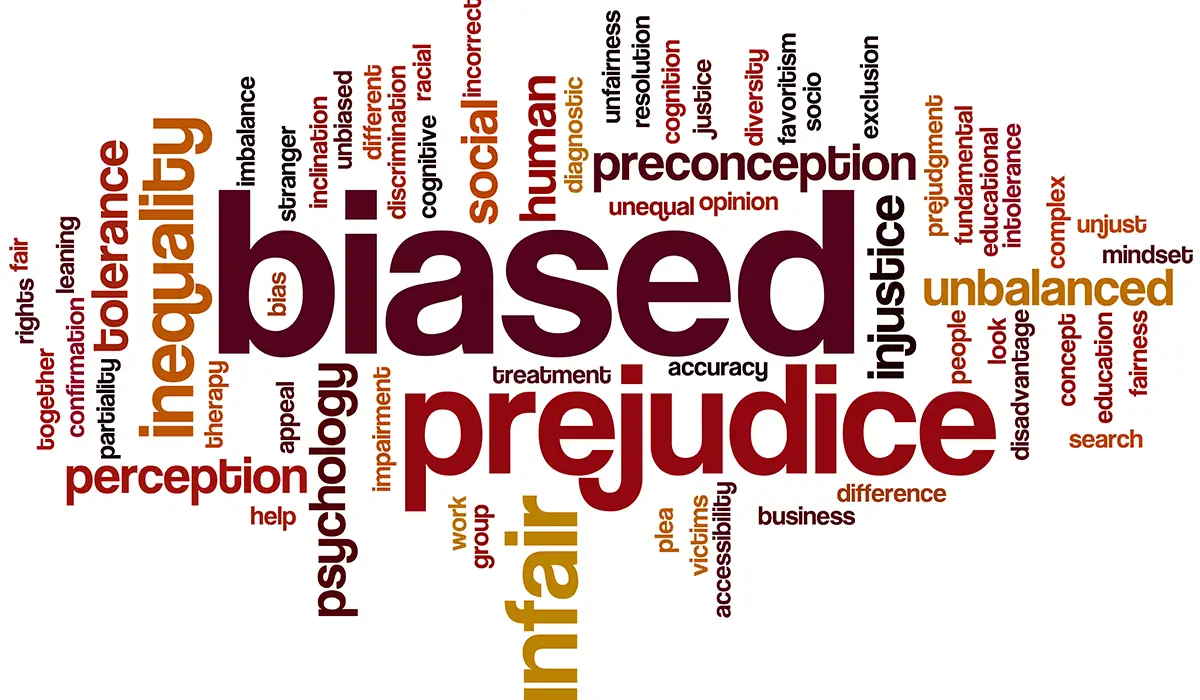Privacy Protector or Data Deluge? Navigating Security and Transparency in Notion

Security Concerns in Notion

Notion’s popularity has raised concerns about its security measures. Some concerns include:

- Limited encryption options: Notion only offers end-to-end encryption for specific types of data, such as passwords and text messages. This means that other sensitive data, such as documents and images, may not be fully protected.
- Third-party integrations: Notion allows integration with numerous third-party apps, which can potentially compromise user privacy. Data shared with integrated apps may be accessible by the app developers or other third parties.
- Server access: Notion stores user data on its servers, which raises concerns about potential breaches or unauthorized access. However, Notion claims to implement robust security measures, including physical access controls and data encryption at rest.
Transparency Issues
Another aspect of Notion’s privacy practices is transparency. Users have expressed concerns about the lack of clarity regarding:
- Data collection practices: Notion collects various types of user data, but its privacy policy does not provide specific details about what data is collected or how it is used.
- Data retention policies: It is unclear how long Notion retains user data, which can be a concern for users who want to ensure their data is not kept indefinitely.
- Compliance with privacy regulations: Notion operates globally, and its privacy practices need to adhere to various data protection regulations, such as GDPR and CCPA. However, it is not clear how Notion ensures compliance with these regulations.
Balancing Security and Transparency
Notion faces the challenge of balancing security and transparency. Enhancing security measures may involve limiting data accessibility, while increasing transparency requires providing users with more information about data handling practices. Notion should strive to:
- Implement stronger encryption measures: Extend end-to-end encryption to all user data, providing comprehensive protection against unauthorized access.
- Provide granular access controls: Allow users to control who has access to specific portions of their data, mitigating the risks associated with third-party integrations.
- Enhance data transparency: Publish a detailed privacy policy that clearly outlines data collection practices, retention periods, and compliance with privacy regulations.
- Engage with privacy experts: Collaborate with independent privacy experts to assess Notion’s security and transparency measures and provide recommendations for improvement.
User Considerations
Users should be mindful of the potential privacy implications when using Notion, and take steps to protect their data, such as:
- Use strong passwords: Create complex and unique passwords to prevent unauthorized access to Notion accounts.
- Limit third-party integrations: Carefully consider which third-party apps to integrate with Notion and review their privacy policies.
- Be selective about shared data: Avoid sharing sensitive personal information or confidential business documents on Notion unless absolutely necessary.
- Regularly review privacy settings: Check Notion’s privacy settings periodically to ensure they align with your privacy preferences.
By understanding the privacy concerns and limitations associated with Notion and taking appropriate precautions, users can navigate the platform while maintaining a reasonable level of data protection.











